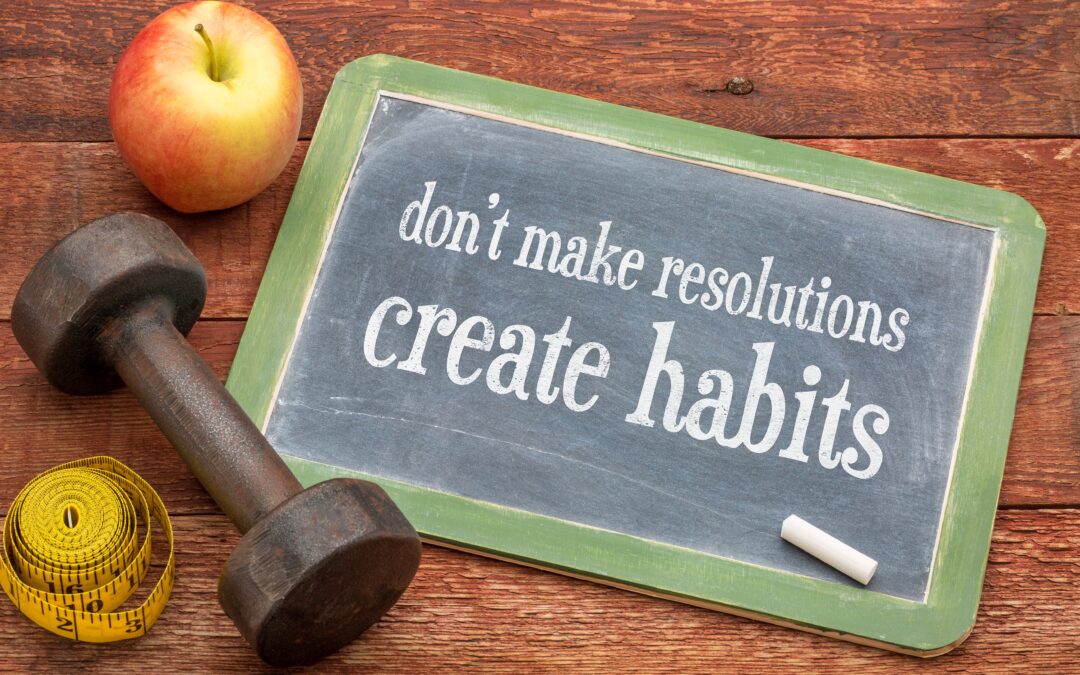The start of a new year often brings with it a desire for change, a fresh beginning, and the making of New Year’s resolutions. For those battling drug and alcohol addiction, the promise of a new year can be a powerful motivator to embark on the journey to sobriety. However, it’s essential to recognize that resolutions, while well-intentioned, can often feel temporary and may not lead to lasting change. In this article, we will explore the path to sobriety, the value of cultivating good habits, and how to move beyond fleeting resolutions to achieve lasting recovery.
Understanding Addiction
Before delving into the journey towards lasting sobriety, it’s crucial to understand the complexities of addiction. Addiction is not merely a bad habit or a lack of willpower. It is a complex, chronic disease that affects both the brain and behavior. People who struggle with addiction often experience intense cravings, loss of control over their substance use, and continued use despite harmful consequences.
The Flaw with New Year’s Resolutions
New Year’s resolutions, though made with the best intentions, can be problematic for individuals in recovery. Here are some reasons why they often fall short:
- Lack of Specificity: Resolutions like “quit drinking” or “stop using drugs” are vague and lack clear, actionable steps.
- Short-Term Focus: Many resolutions focus on immediate change, which may not address the underlying issues that contribute to addiction.
- Unrealistic Expectations: Setting ambitious goals without a plan can lead to feelings of failure when those goals are not achieved quickly.
- External Pressure: The pressure to make and stick to resolutions can be overwhelming, leading to stress and anxiety, which can trigger relapse.
The Power of Good Habits
Rather than relying solely on resolutions, individuals in recovery can benefit immensely from the cultivation of good habits. Habits are behaviors that become automatic over time, making them a sustainable approach to lasting sobriety. Here’s why good habits are so valuable:
- Consistency: Habits are built on consistency and repetition, which can help individuals stay on track with their sobriety goals over the long term.
- Stress Reduction: Good habits can act as healthy coping mechanisms, reducing the temptation to turn to substances during times of stress or emotional turmoil.
- Behavioral Reinforcement: Habits reinforce positive behaviors, making it more likely for individuals to continue making choices that support their recovery.
- Resilience: Building good habits can improve resilience, helping individuals better navigate the inevitable challenges of life without resorting to substances.
Building Habits for Lasting Sobriety
Now, let’s explore some practical steps to help individuals in recovery build good habits that support lasting sobriety:
1. Set Clear and Achievable Goals
Start by setting clear, achievable goals that align with your desire for sobriety. Break these goals into smaller, manageable steps. For example, if you aim to quit drinking, your first step might be to find and attend an Alcoholics Anonymous (AA) meeting.
2. Establish a Daily Routine
Create a daily routine that includes positive habits conducive to your recovery. This might include regular exercise, meditation, journaling, or engaging in a creative outlet. Consistency is key to making these activities habitual.
3. Identify Triggers and Develop Coping Strategies
Recognize your triggers—people, places, or situations that may tempt you to use substances. Develop strategies to cope with these triggers, such as removing yourself from the situation, calling a supportive friend, or practicing mindfulness techniques.
4. Seek Professional Support
Consider seeking professional help from therapists, counselors, or support groups specializing in addiction recovery. These professionals can provide guidance, coping strategies, and emotional support throughout your journey.
5. Create a Support System
Build a strong support network of friends and family who understand your goals and can offer encouragement. Open communication with loved ones is essential, as they can provide crucial emotional support during challenging times.
6. Stay Accountable
Accountability is a powerful motivator. Share your goals and progress with a trusted friend, family member, or sponsor who can hold you accountable for your actions and choices.
7. Practice Self-Reflection
Regular self-reflection is vital for personal growth. Take time to evaluate your progress, identify areas where you can improve, and celebrate your achievements, no matter how small they may seem.
8. Avoid Overloading Yourself
While building good habits is essential, be mindful not to overwhelm yourself with too many changes at once. Focus on one or two habits initially, and gradually add more as you become comfortable.
9. Embrace Setbacks as Learning Opportunities
Recovery is not always a linear process. It’s normal to face setbacks or relapses along the way. Instead of viewing them as failures, see them as opportunities for growth and learning. Analyze what triggered the setback and adjust your habits and strategies accordingly.
10. Cultivate Patience and Perseverance
Lasting sobriety requires patience and perseverance. Be kind to yourself, recognizing that change takes time. Focus on progress rather than perfection, and never give up on your journey to recovery.
Conclusion
As the new year approaches, the desire for a fresh start and a life free from the grips of addiction is a powerful motivator. However, rather than relying on fleeting New Year’s resolutions, individuals in recovery can find lasting success by cultivating good habits that support their sobriety journey. Addiction is a complex and challenging adversary, but with the right mindset, support system, and daily habits, individuals can build a brighter and substance-free future. Remember, sobriety is not just a goal; it’s a way of life that can be achieved and maintained through the power of positive habits.
Talk to Someone Who’s Been There. Talk to Someone Who Can Help. Scottsdale Recovery Center® holds the highest accreditation (Joint Commission) and is Arizona’s premier rehab facility since 2009. Call 602-346-9142.

